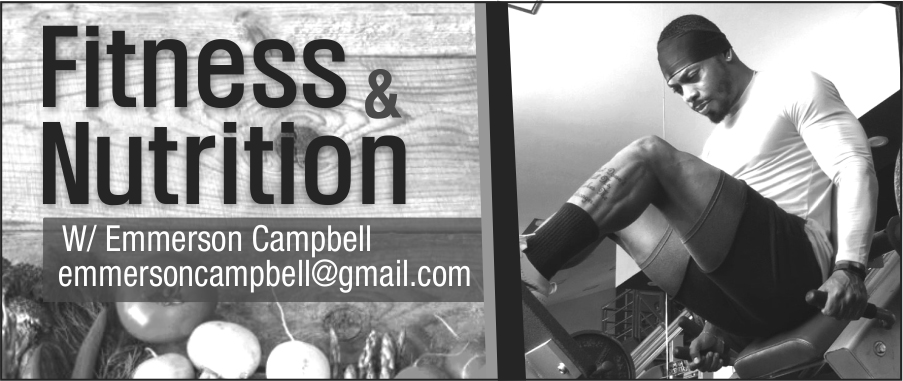Life is so busy in this day and age and it can often feel difficult to get to the gym, prepare your meals, go to work, spend quality time with friends and family and somehow schedule in downtime all before it’s time to get to bed (and preferably at a reasonable hour). No wonder so many people fall into the trap of grabbing a quick and not-so-healthy snack from the supermarket or a café.
These snacks may be affecting your results more than you think. A sneaky chocolate bar from the supermarket or a muffin has a high number of calories, and neither has the macronutrient breakdown that a satisfying and healthy snack should have.
Pre-packaged snack foods are usually filled with refined sugars, preservatives and fast-digesting carbohydrates, meaning they will not fill you up and it will not be long before you’re hungry again, leading to you taking in excess calories.
So how are you expected to find the time to meal prep extra food for snacks, or find healthy alternatives in the confusing health aisle of the supermarket? The key is to choose the right snack in terms of ingredients and macronutrient breakdown. There is nothing wrong with a packaged snack if you have no time to prepare your own, just ensure that it is not filled with bad quality ingredients. These snacks can even be more convenient as you can keep them in your bag all day long for whenever you need.
Now I will help you break down the perfect snack and describe what to keep an eye out for.
It is important that the macronutrient breakdown of your snack is heavily protein weighted, so look for snacks that have at least 50%.
Protein is going to keep you fuller for longer as it is more difficult for your body to digest, so think long-lasting energy. It will also help your mental clarity, unlike carbohydrates, which often leaves you feeling groggy and lethargic. If the snack does have carbohydrates, then have a look at its sugar content. If the snack has more than 5-10 grammes of sugar, it is not going to keep you full and satiated.
If your snack is lower than 25% carbohydrates, low in sugar and high in fibre, then it sounds like you are on the right track. Moderate fats in your snack is great, especially if it is consumed in the afternoon. Up to 10 grammes of fat will also help you to feel fuller for longer and will keep you energized with the ability to concentrate on your work.
So, basically, you are looking for high protein, low carbohydrate, and moderate fat in your healthy snack.
A high micronutrient content is very ideal for all of your snacks. Take this as an opportunity to intake extra vitamins and minerals, which will not only help with your energy levels but also help you to defend against sickness and keep your body functioning the best it can. Keep an eye out for fibre, B vitamins, D vitamins and any other vitamins on the nutrition label.
Once you know what to look for, healthy snacking is actually incredibly easy. Do not be afraid of packaged snacks, as long as you are checking the ingredients and macronutrients.





